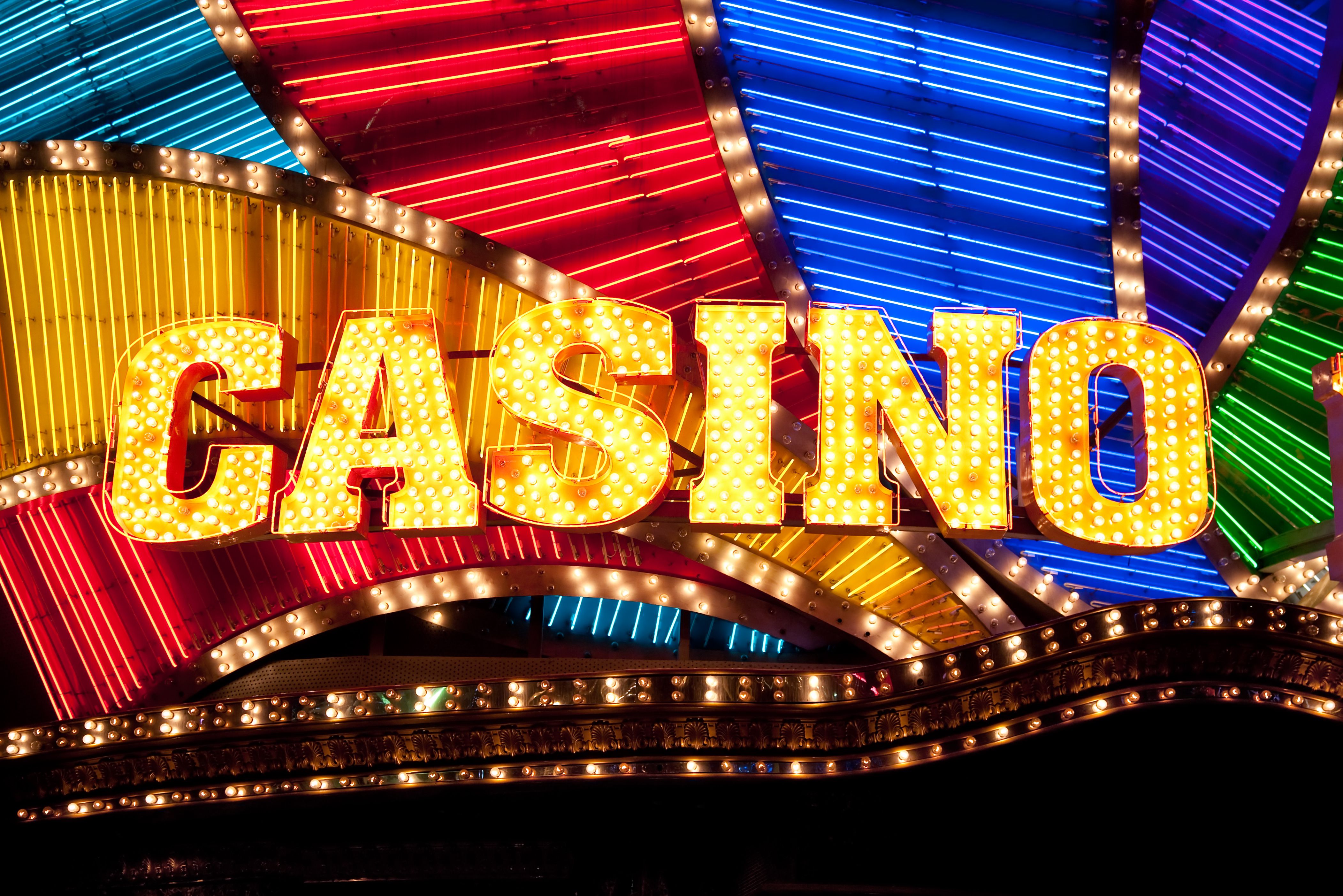
In the world of gambling, where chance and strategy intersect, a unique tapestry of beliefs manifests—one that intertwines luck, fate, and the enigmatic nature of casino games. Casinos, bustling with excitement and anticipation, are not just venues for placing bets; they are also arenas in which superstitions thrive. online casino zonder cruks Ranging from the novice player to the seasoned gambler, these mysterious practices often shape how individuals approach the games they play, holding the belief that their actions can impact the outcome in ways that go beyond mere probability.
As players gather around roulette wheels, blackjack tables, and slot machines, the atmosphere is thick with stories of lucky charms, rituals, and codified behavior that defy logic yet provide a sense of comfort. It could be the case that it’s wearing a specific outfit, following a particular sequence of bets, or even avoiding certain numbers, the attachment to various superstitions reflects a deep-rooted desire to control the uncontrollable. This article delves into the captivating world of casino game superstitions, investigating the beliefs that simultaneously entertain and mystify those who dare to play.
Historical Beginnings of Superstitions
Betting games have long been entwined with an host of superstitions that can be traced to ancient societies. The beginnings of these notions can be associated to humanity’s intrinsic desire to manage the unpredictable outcomes associated with fortune and uncertainty. In ancient civilizations, activities of chance were often connected to ritualistic practices. Players would invoke aid or ask for favor from deities, believing that their actions could influence the outcomes in their benefit. This foundation laid the foundation for the multitude of superstitions that developed as casino games evolved over time.
During the medieval period, gambling became a common hobby across Europe, and with it, a colorful tapestry of superstitions appeared. Players adopted various rituals and charms, believing they could affect the outcome of games. The value of numbers, in particular, started to appear in superstitions related to card games and dice. The number 7 was often considered lucky, while various numbers carried unfortunate connotations. These notions mirrored the social contexts of the time, adapting as they passed through generations and changed to new gaming environments.
As casinos emerged in the 17th century, particularly in the Italian peninsula and France, the atmosphere surrounding betting became saturated in mystique. The growing availability of gambling activities allowed for the dissemination and growth of superstitions among players. Concepts like fortunate charms, specific seating positions, and rituals gained prevalence, creating a special culture within betting houses. As these practices continued to thrive, they became fundamental to the identity of gambling activities, illustrating how historical developments and culture shape the convictions that influence how players engage with luck.
Popular Gambling Superstitions
Beliefs surrounding casino activities are plentiful and varied, reflecting the dreams and fears of players as they participate in random games. One of the most prevalent beliefs is that specific digits bring fortune or misfortune. For example, the number seven is often seen as a lucky digit, frequently sought after by players looking for a positive result. Conversely, the digit thirteen is routinely considered unlucky, leading many gamblers to steer clear of it during their gambling sessions.
Another frequent belief relates to practices that players believe can influence their chances. Whether blowing on dice before a throw, using a particular gesture to place a wager, or even putting on specific items of attire, many people feel that these rituals can sway luck in their favor. These practices offer a feeling of control in an otherwise unpredictable environment, strengthening the idea that fortune can be created through personal convictions and habits.
Finally, the environment and atmosphere of the casino itself adds to myths. Many gamblers suggest that the presence of specific symbols, such as four-leaved clovers or fortunate tokens, can enhance their chances of winning. Additionally, gamblers might adhere to the notion that winning streaks can be interrupted by mundane occurrences, such as a person passing by or a accident at the gaming surface. The collective atmosphere in a casino can amplify these superstitions, creating a shared culture of superstitions that goes beyond individual experiences.
Impact of Superstitions on Players
Beliefs play a important role in the psychology of casino players, often influencing their actions and decision-making. A lot of gamblers believe that luck can be influenced through various rituals, such as donning a talisman, selecting specific colors, or steering clear of particular digits. This dependence on superstitions can create a feeling of control in an environment that is intrinsically unpredictable. Players frequently feel more confident and engaged when they believe that their actions could sway the outcome of a game in their favor.
The influence of these superstitions extends beyond individual players, affecting the general atmosphere inside the casino. For example, a player who holds the belief in the luck of a particular slot machine might draw a gathering, as others are fascinated by their apparent luck. This collective belief can amplify excitement and create a lively environment, leading to an captivating experience even for those who may not necessarily be superstitious. The excitement around specific games can lead to increased participation and extended playing sessions, supporting the casino’s lively social scene.
In some cases, superstitions can lead to harmful effects for players. Depending too heavily on rituals can result in poor gambling decisions, as some may ignore basic strategies in favor of unfounded beliefs. Additionally, the pressure to perform rituals may increase anxiety and stress levels, diminishing from the pleasure of the experience. Ultimately, while superstitions can enhance the thrill of playing casino games, they can also lead to foolish choices that overshadow the enjoyment and amusement intended in the casino experience.

